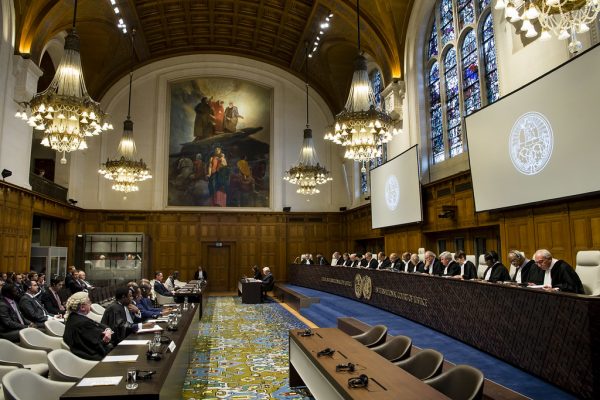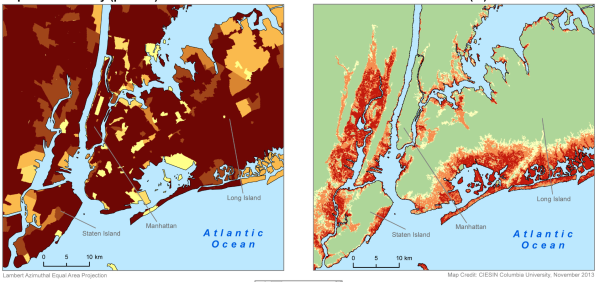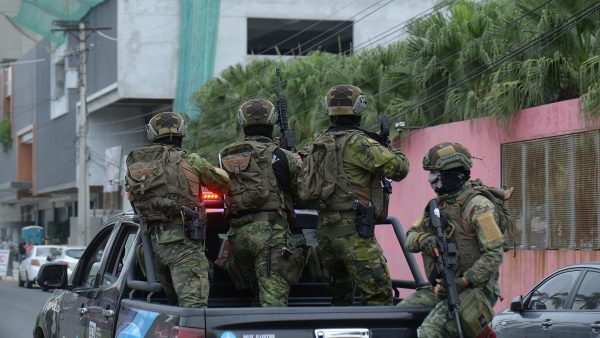Controversial CDC Corporate Censorship
The Headquarters for The CDC is located in Atlanta, Georgia.
Social media has been in an uproar since December 2017 after reports of the Center for Disease Control and Prevention banning a list of words including “diversity,” “vulnerable,” and “entitlement,” while possibly banning the word “transgender.” The Washington Post originally broke the story of the CDC meeting, stating that there had been seven words–diversity, entitlement, evidence-based, fetus, science-based, transgender, and vulnerable–banned from use of CDC employees. However, as CNN reported this month, this list of “banned words” was not an example of Orwellian censorship, but rather an effort to remove words that may create tension among researchers and government officials granting funding. Employees were advised to find alternatives for these ‘sensitive’ words, but were also told that if there were no other words to substitute, employees were still allowed to use them.
After vast amounts of backlash, the Director of the CDC, Brenda Fitzgerald, released a statement, reported in an article by Daniel Engber for Slate, that “there are no banned, prohibited or forbidden words at the CDC—period,” emphasizing the fact that the CDC released the list to aid researchers trying to secure funding. Proposed budget cuts by the White House of over $1.2 billion would hurt the CDC severely so the organization released statements on how to make government officials more inclined to grant funds, which is where the list of “banned terms” came about.
After the original story in the Washington Post was published, a number of human rights groups protested against the Center for Disease Control, as well as President Trump, with t-shirts, artwork, and banners. With other media sites quickly debunking the idea that the government “banned” the phrase “science-based”, further discussion called for understanding why scientific organizations would suggest not using phrases generally accepted by the United States population.
Despite the decline of protests after Fitzgerald’s explanation, there are still prolonged discussions about why such a large corporation would need to censor words with respect to the sensitivities of the government. Remarkably, this type of “censorship” occurs constantly, not just under the Trump administration but previously in both the Obama and Bush presidency for similar reasons of funding. Philadelphia health commissioner Dr. Thomas Farley told CNN that “You phrase your request to match the political bent and world view of the people who will make decisions about your budget,” which seems far less terrifying than a premonition to large-scale corporate censorship.
However, Engber suggests that what is more alarming than the list of “banned words” is the fact that research organizations have to find alternatives for words that are deemed the most politically or scientifically correct. Dana Singiser, vice president of public policy and government affairs for Planned Parenthood, believes that it is impossible to speak on issues such as research for fetal health if researchers are unable to use the term ‘fetus’, raising another argument about whether researchers should be obligated to appeal to the government in such a way.
With the actual danger of scientific censorship disproved, the actual concern in the research community is how the replacements for the seven words will be settled in Congress. With the fiscal year report to be due out in February, researchers have their gloved fingers crossed to receive the backing needed for further change.











